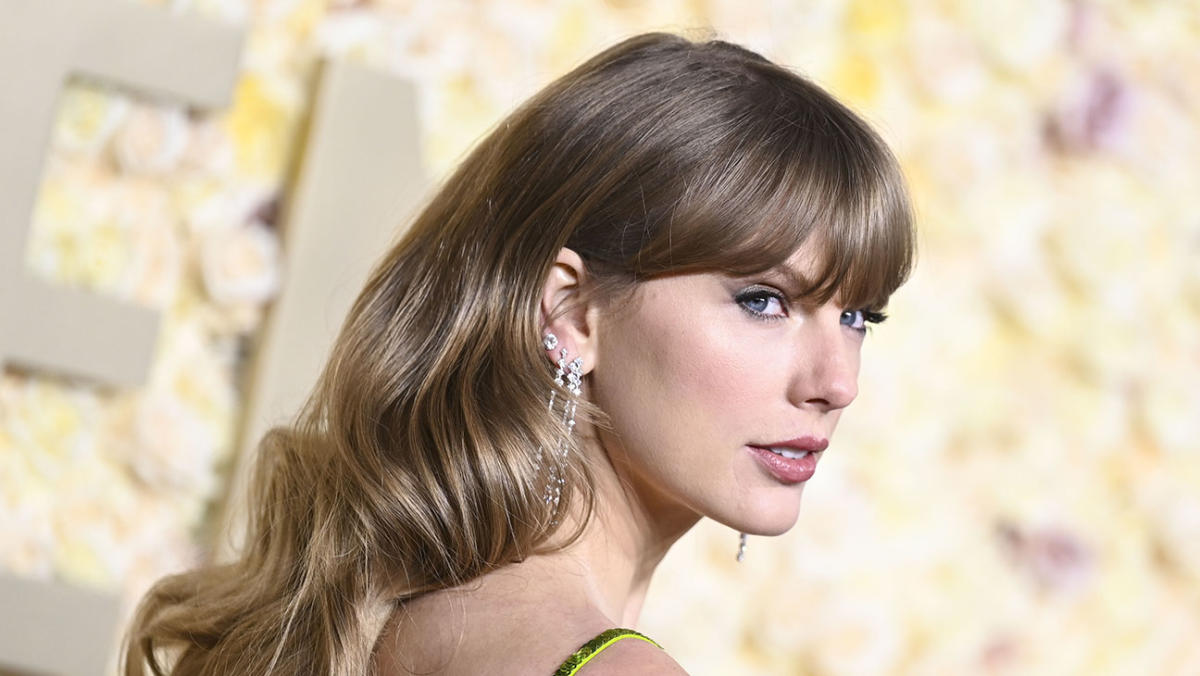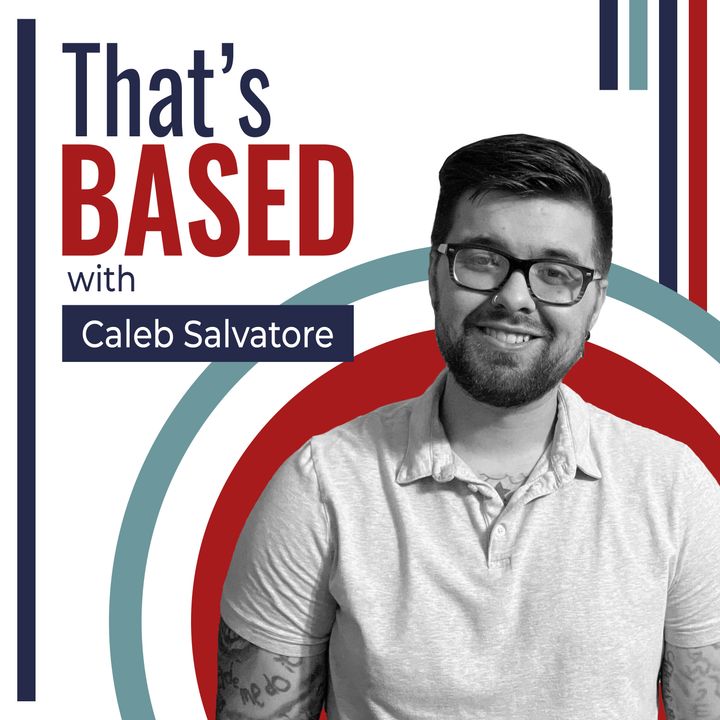Alright folks, gather 'round because we're diving into a topic that's been making waves across the internet lately. Taylor Swift AI nudes has become a buzzword, sparking heated debates about technology, privacy, and ethics. If you're wondering what this whole hullabaloo is about, you're in the right place. We'll break it down for you in a way that's easy to digest but still packed with all the juicy details.
Now, before we get too deep into the weeds, let's set the stage. Taylor Swift, the global music icon, is no stranger to controversy or media attention. But this time, it's not about a breakup song or a Twitter feud. It's about how AI technology is being misused to create fake images that can harm someone's reputation and invade their privacy. And trust me, this isn't just about Taylor—it's about all of us and the future of digital ethics.
So, why are we talking about this? Because it matters. Whether you're a Swiftie or not, understanding the implications of AI-generated content is crucial in today's digital age. Let's dive in and explore the ins and outs of this controversial issue, shall we?
Read also:Nude Anime Figures A Deep Dive Into Art Expression And Controversy
Understanding Taylor Swift AI Nudes
First things first, let's define what we're dealing with here. The term "Taylor Swift AI nudes" refers to synthetic images or videos created using artificial intelligence that attempt to replicate or alter someone's likeness, often without their consent. These deepfake technologies have advanced to a point where they can produce incredibly realistic content, blurring the line between reality and fabrication.
AI-generated content isn't inherently bad, but when it's used to create explicit or misleading material, it becomes a serious issue. In Taylor's case, these fake images not only invade her privacy but also perpetuate harmful narratives about women in the public eye. It's a slippery slope, and one that we need to address urgently.
Biography of Taylor Swift
Before we delve deeper into the controversy, let's take a moment to appreciate who Taylor Swift really is. Born on December 13, 1989, in Reading, Pennsylvania, Taylor Alison Swift has grown from a small-town girl with big dreams to one of the most influential figures in the music industry. Her journey is nothing short of inspiring, and her impact on pop culture is undeniable.
Early Life and Career
Taylor's passion for music started at a young age. She began writing songs at just 12 years old and quickly made a name for herself in the country music scene. Her debut album, "Taylor Swift," was released in 2006, and the rest, as they say, is history. With hits like "Love Story" and "Shake It Off," she's proven time and again that her talent knows no bounds.
Key Achievements
Over the years, Taylor has racked up numerous awards and accolades. She's won 11 Grammy Awards, including three Album of the Year wins, making her one of the most decorated artists of all time. But beyond her musical achievements, she's also a powerful advocate for women's rights and LGBTQ+ equality. Her influence extends far beyond the stage.
Data and Biodata
| Full Name | Taylor Alison Swift |
|---|---|
| Date of Birth | December 13, 1989 |
| Place of Birth | Reading, Pennsylvania |
| Occupation | Singer-Songwriter, Musician, Actress |
| Awards | 11 Grammy Awards, 33 American Music Awards, and more |
The Rise of AI Technology
Now, let's shift gears and talk about the elephant in the room: AI technology. Artificial intelligence has come a long way since its inception, and its applications are vast and varied. From self-driving cars to virtual assistants, AI is revolutionizing the way we live and work. But with great power comes great responsibility, and that's where things can get tricky.
Read also:Gianna White Nudes
How AI Works
At its core, AI involves teaching machines to learn from data and make decisions based on that learning. In the case of deepfakes, AI algorithms analyze thousands of images to create a realistic replica of someone's face or body. While this technology has potential uses in fields like entertainment and healthcare, it can also be misused for nefarious purposes.
Risks and Challenges
The dangers of AI-generated content are real and alarming. Deepfakes can be used to spread misinformation, manipulate public opinion, or even commit identity theft. In Taylor's case, the creation of fake nude images not only violates her privacy but also sets a dangerous precedent for how AI can be exploited. It's a wake-up call for everyone involved in the tech industry.
The Legal and Ethical Implications
So, what's being done about this? The legal and ethical landscape surrounding AI-generated content is complex and constantly evolving. While some countries have implemented laws to combat deepfakes, others are still playing catch-up. The lack of uniform regulations makes it difficult to hold perpetrators accountable.
Current Laws
In the United States, for example, several states have enacted legislation to address the issue of deepfakes. California, for instance, has passed a law prohibiting the distribution of fake pornography without consent. However, enforcement remains a challenge, especially when the content is created and shared across international borders.
Ethical Considerations
Beyond the legal aspects, there's a moral responsibility to consider. As consumers and creators, we have a duty to use technology ethically and responsibly. This means respecting people's privacy, consent, and dignity, even in the digital realm. It's not just about what we can do with AI—it's about what we should do.
Public Reaction and Backlash
Unsurprisingly, the creation of Taylor Swift AI nudes has sparked widespread outrage among fans and critics alike. Social media platforms have been flooded with calls for accountability and action. Many are demanding stricter regulations and greater transparency from tech companies. It's a conversation that needs to happen, and it's happening now.
Fan Response
Swifties, Taylor's devoted fanbase, have been vocal in their support for their idol. They've organized campaigns, petitions, and online protests to raise awareness about the issue. Their passion and dedication are a testament to the power of community and collective action.
Industry Response
The entertainment industry has also weighed in on the matter. Celebrities, influencers, and industry leaders have spoken out against the misuse of AI technology. Some have even called for a boycott of platforms that fail to address the problem. It's a strong message that sends a clear signal to tech companies: do better.
Steps Toward a Solution
So, what can we do about it? The good news is that there are steps we can take to mitigate the risks of AI-generated content. Education, regulation, and innovation are key to creating a safer digital environment for everyone.
Education and Awareness
First and foremost, we need to educate ourselves and others about the dangers of deepfakes. This means staying informed about the latest developments in AI technology and understanding how it can be misused. Knowledge is power, and the more we know, the better equipped we are to protect ourselves and others.
Regulation and Policy
On a larger scale, governments and organizations need to work together to establish clear guidelines and regulations for AI use. This includes holding tech companies accountable for the content they host and ensuring that victims of deepfakes have access to legal recourse.
Innovation and Technology
Finally, we need to encourage innovation in the field of AI detection and prevention. Researchers and developers are already working on tools to identify and combat deepfakes. By investing in these technologies, we can stay one step ahead of those who seek to exploit AI for malicious purposes.
Why This Matters to You
At the end of the day, this isn't just about Taylor Swift. It's about all of us and the future of digital ethics. As technology continues to evolve, so too must our understanding of its implications. We have a responsibility to use it wisely and to advocate for change when necessary.
So, what can you do? Start by educating yourself and others about the risks of AI-generated content. Support policies and initiatives that promote ethical AI use. And most importantly, stand up for those whose rights and privacy are being violated. Together, we can create a safer and more equitable digital world.
Conclusion
In conclusion, the controversy surrounding Taylor Swift AI nudes highlights the urgent need for greater awareness and action in the realm of AI ethics. While the technology itself is neutral, its applications can have profound consequences. By working together, we can ensure that AI is used responsibly and respectfully, protecting the privacy and dignity of all individuals.
We encourage you to share this article, engage in meaningful discussions, and take action in your own way. Remember, every voice counts, and every action matters. Let's make the internet a better place for everyone.
Table of Contents
- Understanding Taylor Swift AI Nudes
- Biography of Taylor Swift
- Early Life and Career
- Key Achievements
- Data and Biodata
- The Rise of AI Technology
- How AI Works
- Risks and Challenges
- The Legal and Ethical Implications
- Current Laws
- Ethical Considerations
- Public Reaction and Backlash
- Fan Response
- Industry Response
- Steps Toward a Solution
- Education and Awareness
- Regulation and Policy
- Innovation and Technology
- Why This Matters to You
- Conclusion


